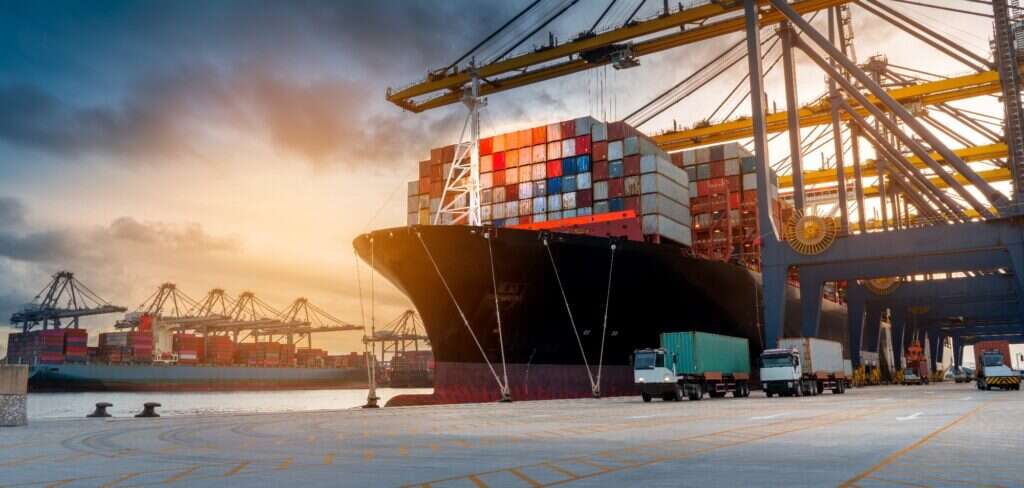A new law that paves the way for the full digitisation of export document processing has been passed by the UK government. Predicted to add over £1.14bn to the British economy, the Electronic Trade Documents Act will come into force from September. Industry welcomed the new legislation, which will make it easier for them to swap paper document for digital ones. Campaigners for the new act urged other governments to speed up work digitising the border process.

The Act received Royal Assent on 20 July after amendments from the House of Lords were approved swiftly through parliament. The Department for Science, Innovation and Technology (DSIT) say that the legislation aims to improve efficiency and increase trade by removing barriers for small to medium-sized enterprises (SMEs).
According to the government’s impact assessment, 2019 saw 160,000 businesses in the UK exporting £367bn worth of goods and employing more than ten million people. The impact assessment says that if the current annual increase of 1.59% continues, there are expected to be almost 190,000 exporting businesses by the end of the decade.
Many, if not all, of these businesses process trade documents, which cost time and money to complete. A report included in the impact assessment showed that paper trade documents took between four hours to seven days to be processed. However, it would reduce to ten minutes if the documents were digitised. These documents cover all aspects of a business, including sales, transportation of goods, insurance, payment, finance and customs.
Paul Scully, minister for tech and the digital economy, said: “The global container shipping industry generates billions of paper documents a year – and in reality, there’s no need for the immense costs UK businesses have to face in producing them, and the detrimental environmental impact that this has.” He continued that while the change to the law is “small,” it will have a “massive impact” on the way UK companies trade internationally.
The small change was required due to most of the existing underlying laws and processes being based on the way business was conducted hundreds of years ago. As such, electronic documents were not legally provisioned, even though the technology now exists to create them. “Existing laws dating back to the 1800s previously meant that exporters and importers have to use paper documents to transfer ownership of the goods they are shipping – creating a costly, inefficient and outdated way of working,” Scully said.
Need for further global cooperation
The bill has been welcomed by MPs, Lords and members of the business community. “Campaigners have worked for years to have the Electronic Trade Documents Act passed, and its introduction in mid-September will a mark transformational change in digitalising international trade,” said the British Chamber of Commerce’s William Bain in a statement. “The BCC will work with our colleagues in the International Chambers of Commerce, and with Chambers and businesses across the UK to ensure the full benefits of digitalisation are felt in increased global trade.”
The BCC has also called on the government to work with businesses to ensure 60% of UK exports are carried out digitally by the end of the decade as part of its Trade Manifesto, and work with other countries to make the border process easier. “This new era begins in the UK, but it can also act as a beacon, leading towards further digitalisation of trade across the world. We also urge governments to accelerate their work to digitalise border processes,” Bain continued.
The government has already made a step forward in digitalising trade. HMRC launched its digital customs platform back in April 2023, which will support businesses making import and export declarations. It will be available from the end of November.




